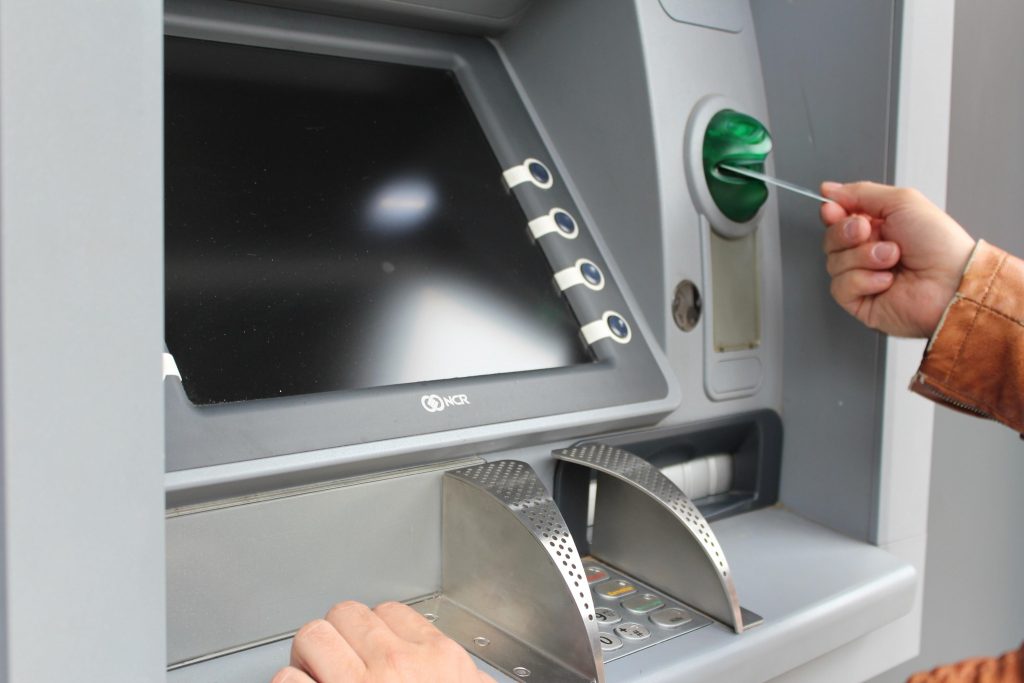#FinancialFridays: PIN Safety and Keeping Your Finances Secure

This news story from CTV is a good lesson in banking safety:
Ontario woman warns about choosing credit card PIN after RBC refuses to refund $8,772: https://toronto.ctvnews.ca/ontario-woman-warns-about-choosing-credit-card-pin-after-rbc-refuses-to-refund-8-772-1.5895738
Unfortunately Ms. Ego-Auirre chose an easy to remember PIN for her banking all those years ago, she chose her birthday. This made it a lot easier for thieves to steal from her accounts when her wallet was stolen.
Here are some tips for creating a safe and easy to remember, but hard to guess PIN:
Avoid the obvious and easily guessed
Make your PIN less easy to guess by avoiding obvious number combinations or sequences such as “1111,” “1234” or “9876.” Watch for rows or patterns such as 2580 – which is the middle row on a phone keypad.
Spell a word with number
Some people find it helpful if they think of their PIN number as a word. Chose it as if you were dialing it on a phone, with each number from 2 to 9 representing three or four letters. The word “ball,” for example, would be “2255.” It’s best to use as uncommon a word as possible so that it is unlikely to be guessed by someone else.
Use a meaningful address
A house number can be a good choice, especially if it’s an address you won’t forget but others are unlikely to know and it’s not yours. Your best bet: use the four-digit street address of a childhood friend, a former workplace or another significant place. Numbers with personal significance are easy to remember and hard to guess.
Try an extra-long PIN
If your bank allows it, you can also create a more elaborate, lengthy number. An 8- or 12-digit PIN is more secure than a traditional 4-digit number, but it’s also harder to remember, unless it is already in your memory. Do you still remember the phone number to your childhood home?
Fake a friend
If you simply can’t remember your PIN without writing it down, you can hide it in the name or number of a contact within your phone. Make sure your phone is password-protected and remember to call your bank immediately to reset your PIN if your phone gets lost or stolen.
Don’t write it down
It’s better to forget your PIN than to write it down. If you need to have it written down in order to remember it, you’re going to have to bring it with you. That makes others nearby as likely to see it as you are.
Use different secure PIN numbers for different accounts. Having different secure PIN numbers for each of your important accounts reduces risk so they can’t all be immediately accessed if one secure PIN is compromised. However, you still need to be able to remember them all. If you use the same PIN for all cards you won’t be covered for fraud.
Shop together
Don’t tell your PIN to anyone, friends, family, neighbours etc. It’s really easy to have someone run an errand and do some shopping for you, especially in a pandemic, but giving your PIN to a ‘trusted’ friend can go sideways very quickly. Banks will generally not honour theft from your account if you gave both your bank card and PIN to the person who subsequently stole from you. If you are helping someone out with some purchasing, go with them.
If you forget your PIN, immediately get in touch with your bank, either on the phone or by stopping into a branch. Never email your PIN to anyone. If you suspect your card or PIN has been lost or stolen or your account has been otherwise compromised, call your bank immediately.

